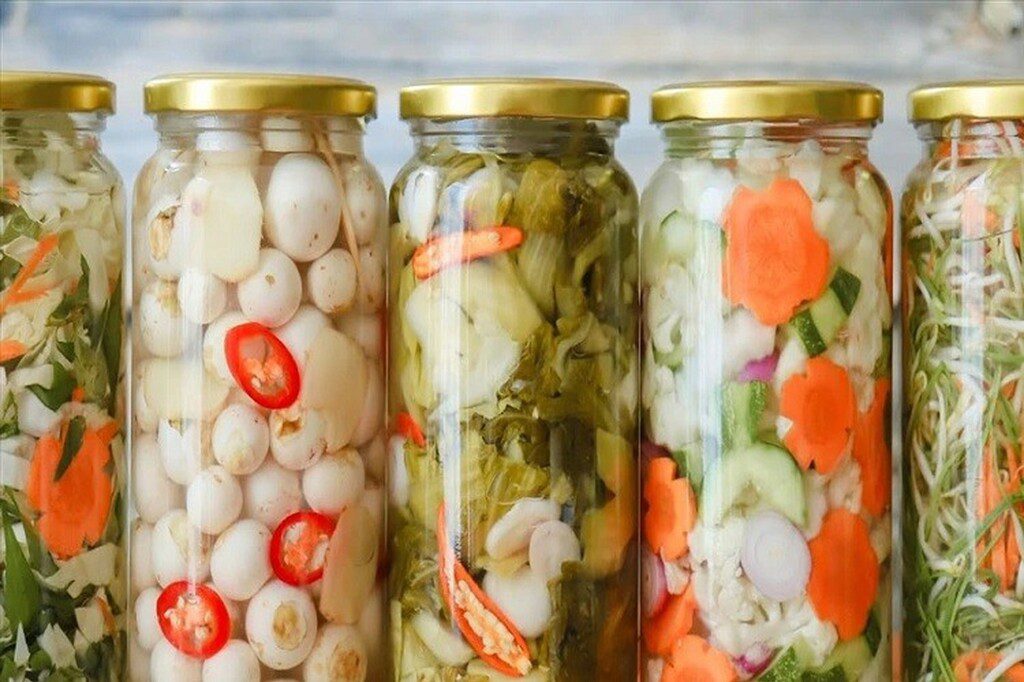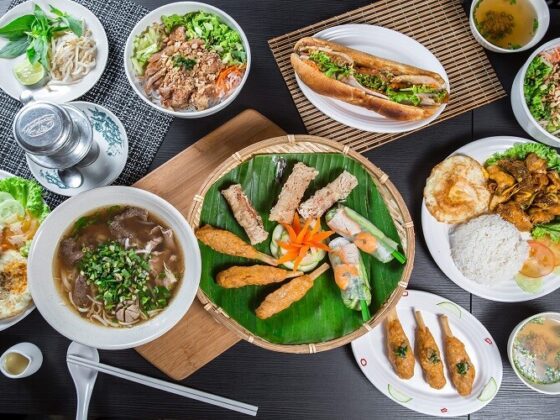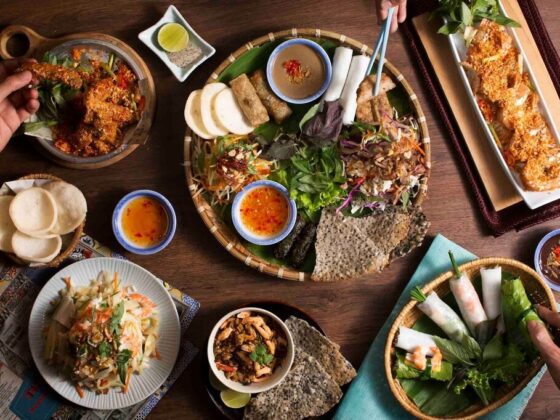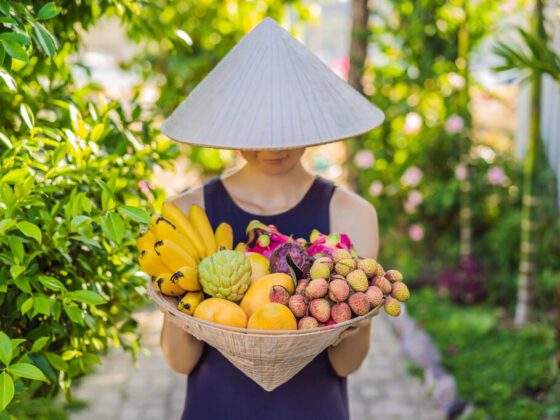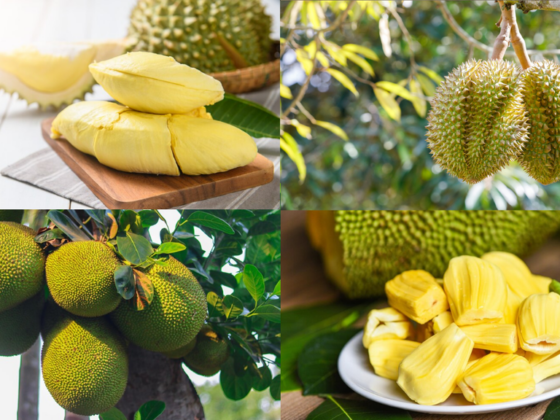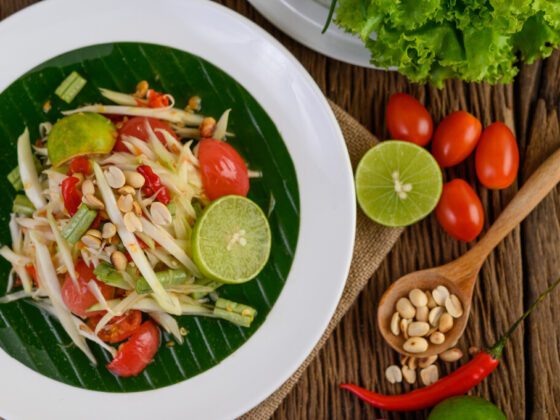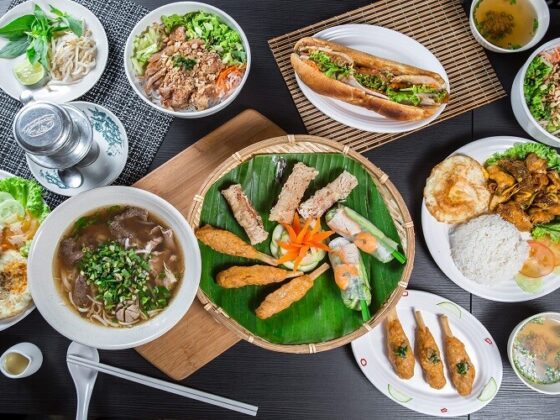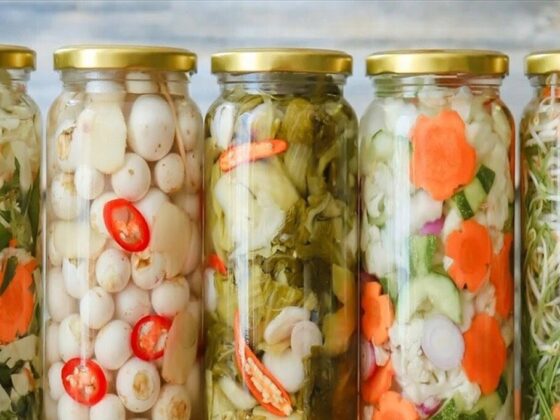This article highlights the importance of Vietnamese fermented foods in both cuisine and health. Fermentation, an ancient preservation technique, creates probiotic-rich foods like nước mắm (fish sauce), miso, and đồ chua (pickled vegetables). These foods improve digestion, boost immunity (due to probiotics and vitamins like vitamin C found in kimchi), and may even positively impact metabolism and blood sugar levels. The article emphasizes the cultural significance of these foods within Vietnamese culinary traditions and their contribution to a healthy diet.
Table of Contents Show
Vietnamese fermented foods are a cornerstone of many culinary traditions, and Vietnamese cuisine is no exception. From the tangy crunch of đồ chua (pickled vegetables) to the robust flavors of kimchi, these foods offer a wealth of health benefits that can enhance both our diets and our well-being. As we delve into the advantages of incorporating fermented foods in Vietnam into daily meals, it’s important to recognize their cultural significance and nutritional value within Vietnamese cuisine.
Related post:
- Vietnamese Culinary Influences From Around the World
- Vietnam National Parks: A Nature Lover’s Paradise
- Vietnam’s Rich Experiences for Digital Nomads: Cultural Immersion
Understanding Vietnamese fermented foods

Fermentation is an age-old preservation method that transforms food through the action of microorganisms like bacteria and yeast. This process not only extends the shelf life of perishable items but also enhances their flavor and digestibility. In Vietnam, fermentation is a key technique used to create a variety of dishes, elevating simple ingredients into probiotic-rich superfoods.
Vietnamese fermented foods, such as nước mắm (fish sauce), miso, and various pickled vegetables, contribute to a diverse palate and nutritional profile. These foods are typically less processed and retain beneficial live cultures, making them a vital part of a healthy diet.
Vietnamese fermented foods and their probiotic impact on gut health

One of the most significant benefits of fermented foods is their positive impact on gut health. Foods like kimchi and sauerkraut are packed with probiotics—living microorganisms that support the digestive system.
The fermentation process predigests nutrients, making it easier for our bodies to absorb them. In Vietnamese cuisine, incorporating items like đồ chua not only adds a zesty flavor to dishes like Bánh Mì but also promotes a healthy gut microbiome.
Research has shown that a healthy gut flora is crucial for digestion, immune function, and even mood regulation. The diverse bacteria found in Vietnamese fermented foods can help maintain a balanced intestinal environment, which is particularly important in a country where traditional diets are high in carbohydrates and fiber.
Boosting immunity: The role of Vietnamese fermented foods

The connection between gut health and the immune system is well documented, with approximately 70% of our immune system residing in the intestines. Fermented foods like kimchi and nước mắm not only deliver probiotics but also come packed with vitamins and antioxidants. For instance, kimchi is rich in vitamin C, which plays a vital role in bolstering the immune system and can help ward off common illnesses, especially during the colder months.
How Vietnamese fermented foods boost metabolism
In addition to aiding digestion, fermented foods can positively influence metabolism. Probiotics have been shown to help stabilize blood sugar levels and support fat metabolism.
A study from Korea highlighted that regular consumption of kimchi led to improved body fat percentage and blood pressure among participants. This underscores the potential benefits of incorporating fermented foods into the diet.
In Vietnam, incorporating Vietnamese fermented foods into daily meals can not only enhance flavor but also support metabolic health, making it easier to maintain a balanced diet.
The versatility of Vietnamese fermented foods

Vietnamese cuisine offers a myriad of ways to enjoy fermented foods. Whether used as a condiment, flavor enhancer, or a dish on their own, these foods add depth and complexity to meals. For example, đồ chua can be served alongside rice dishes, added to spring rolls, or used as a topping for grilled meats.
Making Vietnamese fermented foods at home is a rewarding experience. The process is surprisingly simple; for kimchi, for example, just chop the cabbage, mix it with salt and spices, and allow it to ferment for a few days. This not only creates delicious probiotic-rich food but also connects you to the traditional practices of Vietnamese cooking.
Discover the culinary treasures of Vietnam with ExoTrails! Our app not only guides you to stunning sights but also helps you find delicious restaurants and mouthwatering local specialties.
From humble street food stalls to upscale restaurants, ExoTrails is your ideal travel companion, helping you fully experience the flavors of Vietnam, explore traditional and modern dishes, and delve into the country’s rich culinary culture. Download ExoTrails today and begin your Vietnamese culinary adventure!
Conclusion
Incorporating Vietnamese fermented foods into your diet is a delicious way to enhance health, particularly within the rich context of Vietnamese cuisine. With their myriad benefits—from improved gut health to stronger immunity—these foods should be a staple on every table.
Whether you’re enjoying a bowl of pho topped with fresh herbs and pickled vegetables or savoring a side of kimchi, embracing Vietnamese fermented foods can lead to a healthier and more vibrant lifestyle. Follow our official Facebook page now to receive more interesting information.

Subscribe
Login
0 Comments
Oldest

